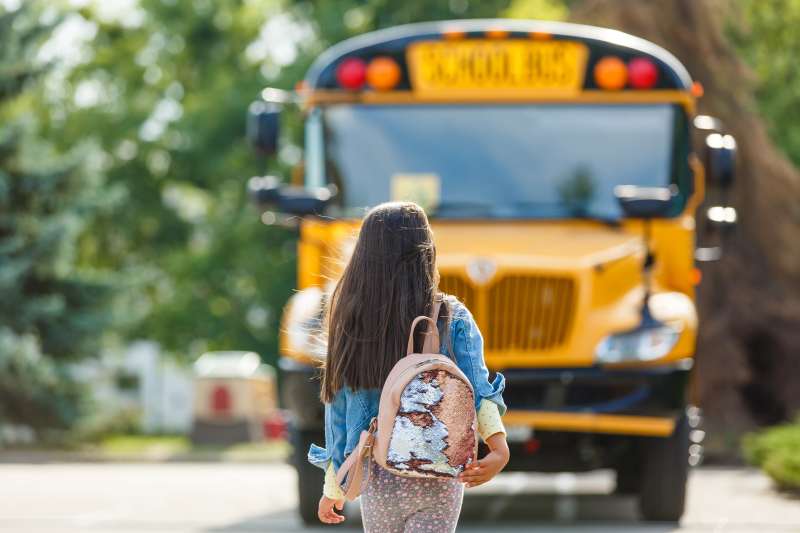
By K-12 Dive staff
Issues having a major impact on rural schools include transportation, teacher recruitment and retention, and Wi-Fi access.
More federal coordination is needed regarding decisions affecting rural schools, the Organizations Concerned About Rural Education wrote in a letter to U.S. Education Secretary Miguel Cardona last month.
OCRE represents more than two dozen national education, farm agriculture, telecom, energy, tribal and business organizations. The letter, signed by OCRE President John Forkenbrock, said OCRE wants to offer input and share “on-the-ground direct experiences working with rural schools.”
“Our basic request is that rural schools, students and rural communities need a seat at the table,” OCRE said. The organizations also are calling for the U.S. Department of Education to establish an Office of Rural Education Policy.
The letter outlined issues having a major impact on rural schools, including: transportation, teacher recruitment and retention, Wi-Fi for students and communities, homework gaps, and nutrition, health and counseling services.

About 10 million students go to rural schools. In 23 states, more than 20% of all students attend a rural school, according to the Education Commission of the States.
OCRE had written to President Joe Biden in March 2021 about challenges facing rural schools and the need for federal support and coordination. In a May 2021 response cited by OCRE, Ian Rosenblum, then-deputy assistant secretary for policy and programs at the Education Department, wrote about improving coordination with the Departments of Agriculture, Interior, and Health and Human Services.
OCRE also noted Rosenblum wrote about the work of the Education Department’s Rural Interagency Working Group to help administer financial assistance through the Rural Education Achievement Programs. The department has several other programs that support rural schools.
In addition, states and local districts maintain collaborations to boost achievement and opportunities for students attending rural schools. For instance, three rural Texas school districts have partnered to offer their students a greater variety of career and technical education courses and access to a Naval Junior Reserve Officer Training Corp program.


